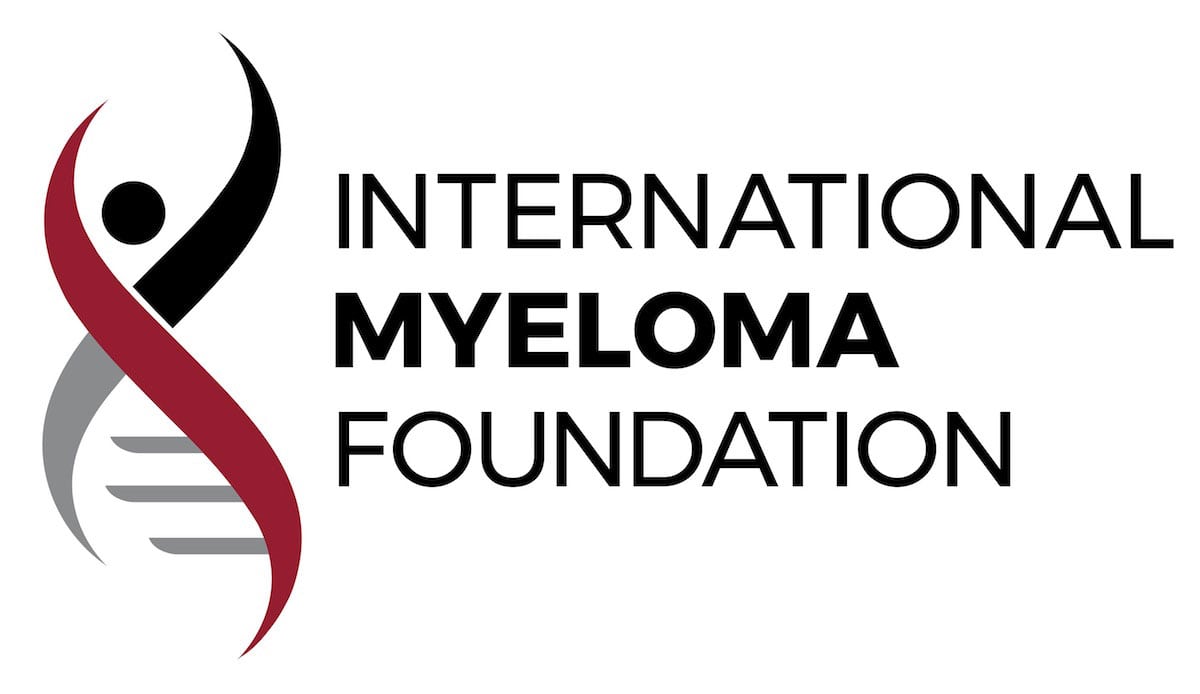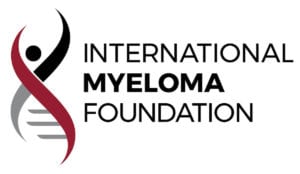
11 Sep 10 Reasons to Attend an IMF Educational Outreach Event
At Triage Cancer, part of aligning with our mission to provide resources to those in the cancer community means sharing impactful organizations that we've partnered with and the resources, events, and materials they have that you might find helpful. Today we would like to share information about our Partner, the International Myeloma Foundation, and their educational events!
At the International Myeloma Foundation (IMF), our goal is to help others better understand multiple myeloma. That’s why we host educational outreach events. With the IMF’s Patient & Family Seminars (P&FS’s) and Regional Community Workshops (RCWs), we work to arm patients, families, and caregivers with the most up-to-date myeloma information.
Here are 10 Reasons to Attend an IMF Educational Outreach Event:
- Information is condensed into a shorter period. If you have difficulty attending something more frequently, such as support group meetings, P&FS’s and RCWs are generally only one or two days. They are quick ways to get caught up with the latest multiple myeloma research.
- Educational outreach events are brought to your area.The IMF wants the newest research and information on multiple myeloma to be easily accessible. You can attend a PF&S for one day, or opt for more time. If so, hotel packages are available. On the other hand, RCWs are presented at no cost to you. With the many cities the IMF visits throughout the country, it is easy to find one near you.
- There is power in numbers.Seeing others on a similar journey with multiple myeloma creates an encouraging environment. Even if you only attend for a few days, the comfort will last much longer.
- Incorporate family into your journey for support. Patient & Family Seminars involve family members by providing special breakout sessions for caregivers. RCWs can be attended by all in the family as well.
- Hear from the experts.Educational outreach programs are conducted by leading myeloma experts, such as hematologist-oncologists, other myeloma specialists, and myeloma nurses. Not only are they available for panel discussions, you may have a chance to discuss your concerns one-on-one with these experts.
- These sessions can give you new and exciting ideas.Experts leading the seminars may provide you information about the latest myeloma research. You can take this knowledge and share it with your personal healthcare team. Also, you may learn from the stories of other patients.
- Complex concepts are simplified. Experts understand how confusing certain concepts can be when facing myeloma, thus making the process seem scarier. However, during these educational outreach programs, their goal is to make ideas and terms easier to understand for patients and their loved ones.
- Maintain a positive relationship with yourself and care. You can maintain a positive outlook and sense of security by having a consistent source of answers and support while facing different phases of your disease.
- Caregivers are included, too.During P&FS’s, caregivers are able to collaborate and discuss their situations openly.
- You get to guide the conversation. Your questions and concerns are exactly what the experts will address. They hope to help you leave these programs with fewer concerns and more understanding.
The benefits of the International Myeloma Foundation’s educational outreach programs are one-of-a-kind opportunities to conquer any confusion a multiple myeloma diagnosis may cause. The IMF seeks to ensure that patients, their loved ones, and caregivers gain positivity and community after leaving one of these programs. As 22-year myeloma survivor Yelak Biru says, “Live with, and not for, myeloma.” Rather, multiple myeloma does not define you, and how you manage your outlook after diagnosis will help guide the course of your disease. “Knowledge is power,” and it is the purpose IMF educational outreach events.


